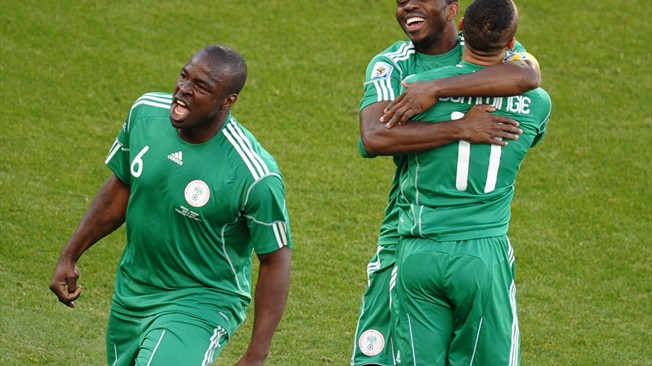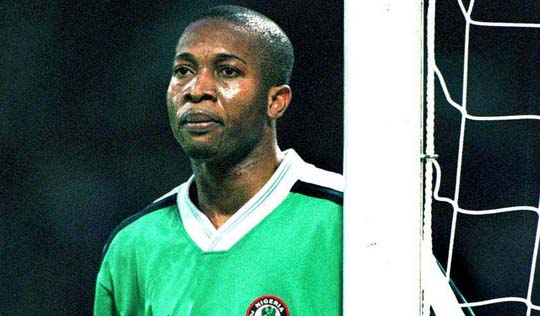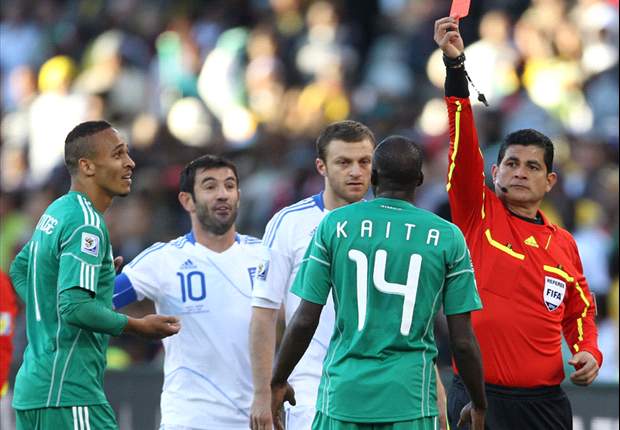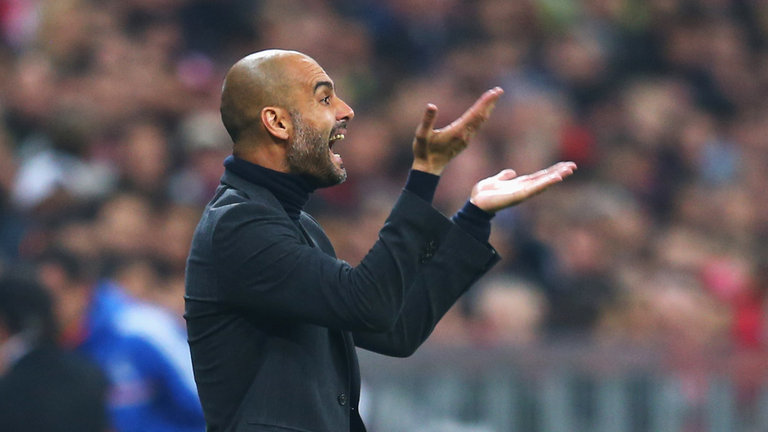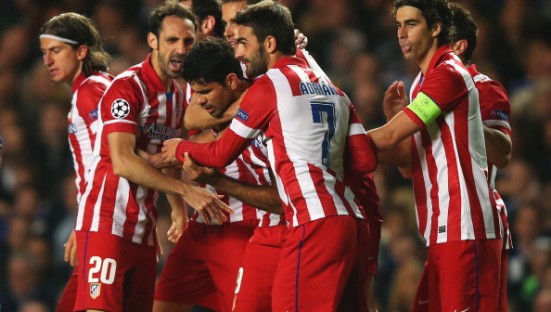If there is anyone who should describe the dribbling prowess of late Nigerian footballer, Albert Onyeawuna, it is Brazilian legend, Edson Arantes do Nascimento, popularly known as Pele.
Pele was in Nigeria to facilitate a football workshop in the early 1960s; and after watching Onyeawuna perform some spectacular trickery with the ball, the Brazilian was full of compliments.
Today, Onyeawuna is no more. On April 21, 24, he gave up the ghost, one hour after slipping into coma.
Despite a string of fine performances that earned him the epithet “master dribbler,” and produced six goals in 26 international appearances for the national team (then known as the Red Devils), his latter-life travails did not receive the empathy of the very country he served.
Advertisement
First came a niggling eye ailment that not only defied repeated operations but also depleted his life savings. This was followed by a horrific auto crash that further worsened his health. In all these, Onyeawuna swore never to beg Nigeria for help — although he maintained positive disposition to voluntary assistance. So principled was he that when media reports of his ill-health appeared to suggest that he was canvassing financial support, he shut the media out of his life!
After his death, his wife, Theresa, revealed that the footballer left nothing for the survival of his immediate family of three. She could not guarantee the feeding of the two children, let alone their education.
“It is not a joke: things are so bad that he left no money. It was his elder daughter’s husband who paid for his hospital bill when he went into coma,” Theresa said.
Advertisement
“Right now, we are without any money; and it will be quite difficult to even feed three times a day or pay for the children’s school fees unless people come to our aid.”
She admitted that family members have been persuading her to speak with sports authorities and the government for assistance with raising money to give him a befitting burial. But her concern is that the financial crisis is so bad that help will be difficult to find.
“My late Husband tried. He spent all of his life savings on his health,” she added.
“His eye problem was a huge challenge for years, and then he had another auto accident that brought further complications. He really had a tough time, but there was nobody there for him.”
Advertisement
At a time, his close friends attempted to convince the Lagos State Government to fund his eye operation in India, but it was unsuccessful. Yet this was the biggest Nigerian football star of the 50s and 60s.
Asides in seven goals in 26 appearances for the national team between his debut on October 30, 1955 and March 26, 1964 when he retired, he was the star of the Port Harcourt team in the 1950s, scoring twice in the 4-1 victory over Kano in the 1955 Challenge Cup.
He also led his team to the 6-1 Challenge Cup victory over Federal United in 1958. Before retiring, he represented Nigeria at the inaugural African Cup of Nations in Ghana in 1963.
It is not Onyeawuna’s death that is exactly painful, as death is the inevitable end of every man. It is the circumstances. His death was preventable. It would not have happened if Nigeria had a definite policy for looking after its heroes past. Continued nonchalance towards the country’s past servants is the kind of bad advertisement that drives its brightest sport prospects into the waiting hands of opportunistic western countries.
Advertisement
Add a comment

